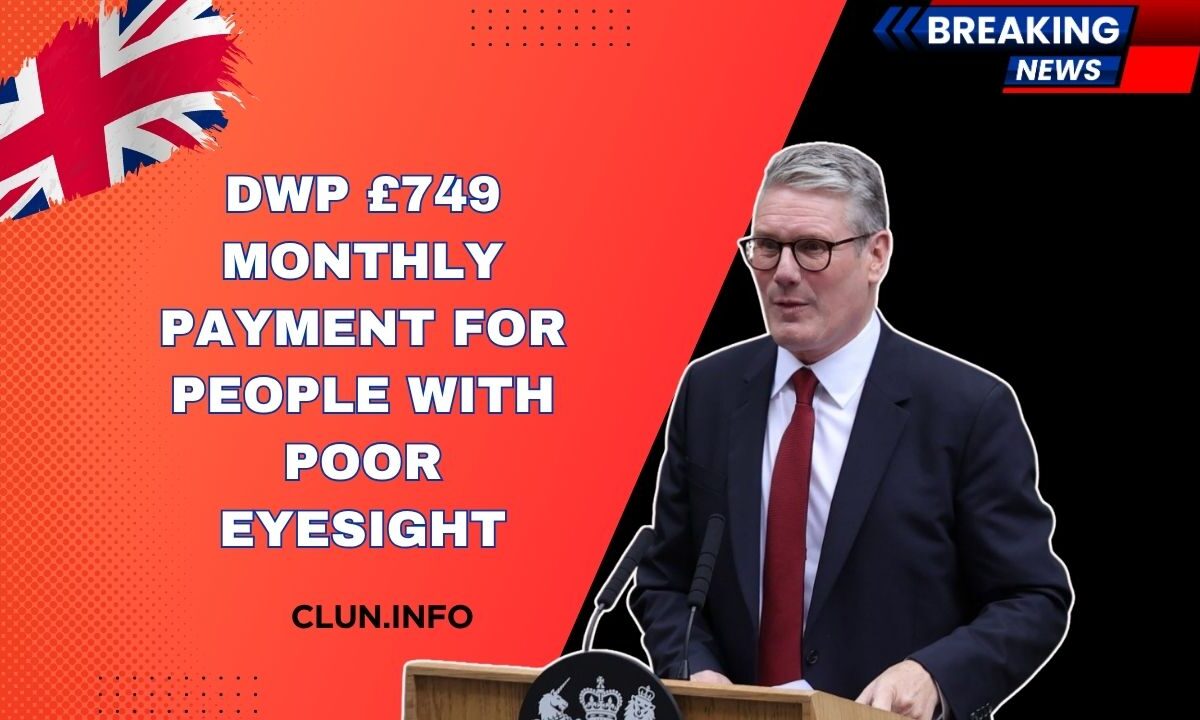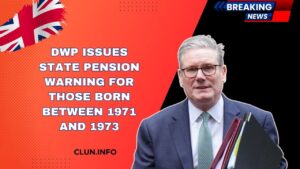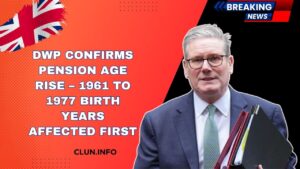Labour’s Chancellor Rachel Reeves and PM Keir Starmer are facing mounting fiscal strain due to the cost of maintaining the state pension triple lock. This guarantee vows to increase pensions each year by the highest of:
- CPI inflation
- Average wage growth
- 2.5% minimum
The Office for Budget Responsibility (OBR) warns that this system, combined with an ageing population, is pushing public finances to unsustainable level.
The Scale of the Fiscal Challenge
| Metric | Value / Impact |
|---|---|
| Pension spending → | £138bn (~5% of GDP), rising to 7.7% of GDP by the 2070s |
| Cost forecast by 2030? | £15.5bn per year attributed to the triple lock |
| Government fiscal gap | Must find £24bn in autumn Budget 2025 |
The triple lock’s cost is ballooning—initially around £50m/year in 2011, it surged to 10.1% growth in 2023 and 8.5% in 2025.
How Might Labour Adjust?
To bridge the £24bn gap, potential solutions under discussion include:
- Freezing or reviewing the triple lock (e.g., adopting a double lock—CPI or earnings only)
- Freezing income tax thresholds (which causes fiscal drag)
- Implementing VAT reforms and raising levies (gambling, inheritance tax, etc.)
- Exploring means-testing for pensions
Weighing the Trade-Offs
- Double lock savings: limited, as double-lock alternatives only affect years when both CPI and earnings fall below 2.5%.
- Single lock (e.g., earnings only): more savings but politically risky.
- Means-testing could reduce pension bills and target support more effectively, but may face fierce backlash.
Labour insiders admit that while the triple lock is “sacrosanct this term,” future adjustments are on the table if fiscal pressures continue.
What’s Happening Next?
- Mansion House speech: Reeves is expected to clarify intentions on pensions and tax policy soo.
- Autumn Budget 2025: Tax rises, pension reforms, and benefit freezes are likely on the agenda.
Key Takeaways
- The state pension triple lock is boosting pension payouts rapidly, costing tens of billions.
- Labour must raise around £24bn to meet fiscal objectives.
- Potential changes include adjusting the triple lock, freezing thresholds, and targeted taxation.
- All options are politically sensitive—pensioners are a vocal, influential voting bloc.
The triple lock, once a symbolic guarantee for pensioners, is becoming a fiscal liability. Facing pressure from the OBR, Labour may need to choose between safeguarding pension increases or raising taxes to stabilize public finances.
The coming Mansion House speech and Autumn Budget 2025 will reveal how far the government is willing to go—and whether voters will accept tax hikes as a solution.
FAQs
What is the triple lock and why is it controversial?
The triple lock ensures pensions increase by CPI inflation, wage growth, or 2.5%—but soaring costs and demographics make it unsustainable.
How much does changing the triple lock save?
Transitioning to a double lock saves limited sums, while using a single earnings-based lock or means-testing yields larger budget relief—but risks backlash.
Will Labour definitely raise taxes?
With a £24bn gap and austere fiscal rules, tax rises, threshold freezes, or pension reforms are highly likely in the Autumn Budget.




